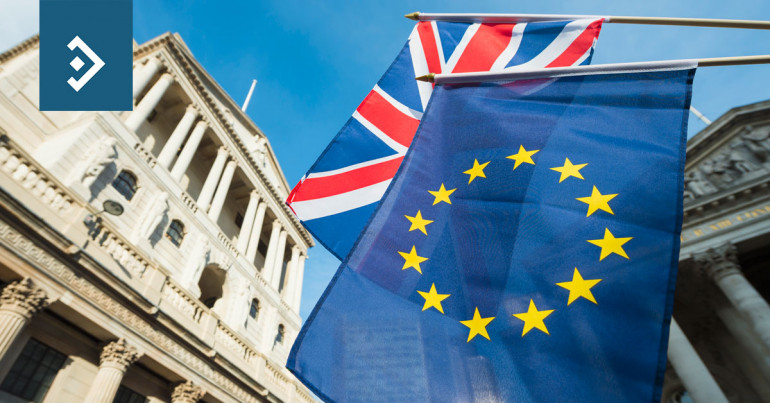
Sterling rallies as Brexit hopes rekindled
Morning mid-market rates – The majors
November 1st: Highlights
- News of a deal on Financial Services
- Dollar off highs as jobs data and elections loom
- Single currency rallies as inflation surprises market
Brexit positivity drives pound higher
The pound leaped on the news but retreated as the markets need to see “some meat on the bones” kicked in. Overnight, the pound has rallied again on newspaper reports that the Prime Minister has reached an agreement with Brussels that will allow UK financial services businesses access to the EU markets following Brexit.
Again, this is yet to be substantiated and the details of what concessions have been wrung from Mrs. May to get the deal done remain to be seen.
Perhaps the most significant outcome of these stories is not their content but the effect they have had on the market. The rallies they both created show that traders are wary of a deal being done which will be extremely positive for the currency. This makes them tentative about adding to short positions until they see the breakdown of talks as inevitable.
The pound has reached a high versus the dollar of 1.2757 overnight and has remained close to that level. It has also rallied versus the euro making a high of 1.1346.
Today’s Bank of England meeting is expected to leave rates unchanged but anything other than a 9-0 vote could be positive for the currency. Governor Carney may refer to the Brexit negotiations in his press conference but will steer clear of any comment on this week’s budget.
Considering your next transfer? Log in to compare live quotes today.
Dollar finding it tough at the top
While there is little correlation between the two numbers, the ADP provides traders with an overall view of what to expect tomorrow.
The dollar index has failed to break the 97.00 level conclusively and this has led traders to take profit on long-standing positions. The pound’s rally will have had some effect since Sterling makes up close to 12% of the index but it is likely that the rally seen in the euro reflected selling in the index rather than any positivity about the single currency (see below).
The effect of tomorrow’s jobs report will, as usual, be short-lived, but it is next week’s midterm elections that will be the main headline grabber.
The results remain difficult to call but that has as much to do with how the opinion polls are reported as their actual results.
Underlying the entire election process is the comparative strength of the U.S. economy and the widening interest rate differential between the U.S. and the majority of its G7 partners which will underlie dollar strength for some time to come.
Rising inflation in a slowing economy a problem for the ECB
With the issue of the Italian Budget still to be resolved, the political situation in Germany and higher inflation despite a slowdown in activity, the single currency faces significant pressure over the next few months. The rise in inflation has most probably been brought about by the continuing weakness of the currency which could become a self-fulfilling prophecy as a downward spiral for the currency brings inflation in the shape of higher producer prices.
This is a situation that has been an issue for the Bank of England and while the ECB remains stoic in its determination to keep monetary policy loose, any significant pickup in inflation will be a concern to Mario Draghi and his colleagues.
It is possible that the reason that the ECB pressed on with its reduction of the Asset Purchase Scheme following its meeting last week despite the issues in Italy, was that a reduction of the money supply will influence inflation.
Yesterday the euro fell to a low of 1.1301, matching it low on August 15th, the lowest level seen since late June last year. It has bounced off that level overnight and has recouped yesterday’s losses reaching 1.1351.
Have a great day!

About Alan Hill
Alan has been involved in the FX market for more than 25 years and brings a wealth of experience to his content. His knowledge has been gained while trading through some of the most volatile periods of recent history. His commentary relies on an understanding of past events and how they will affect future market performance.”


